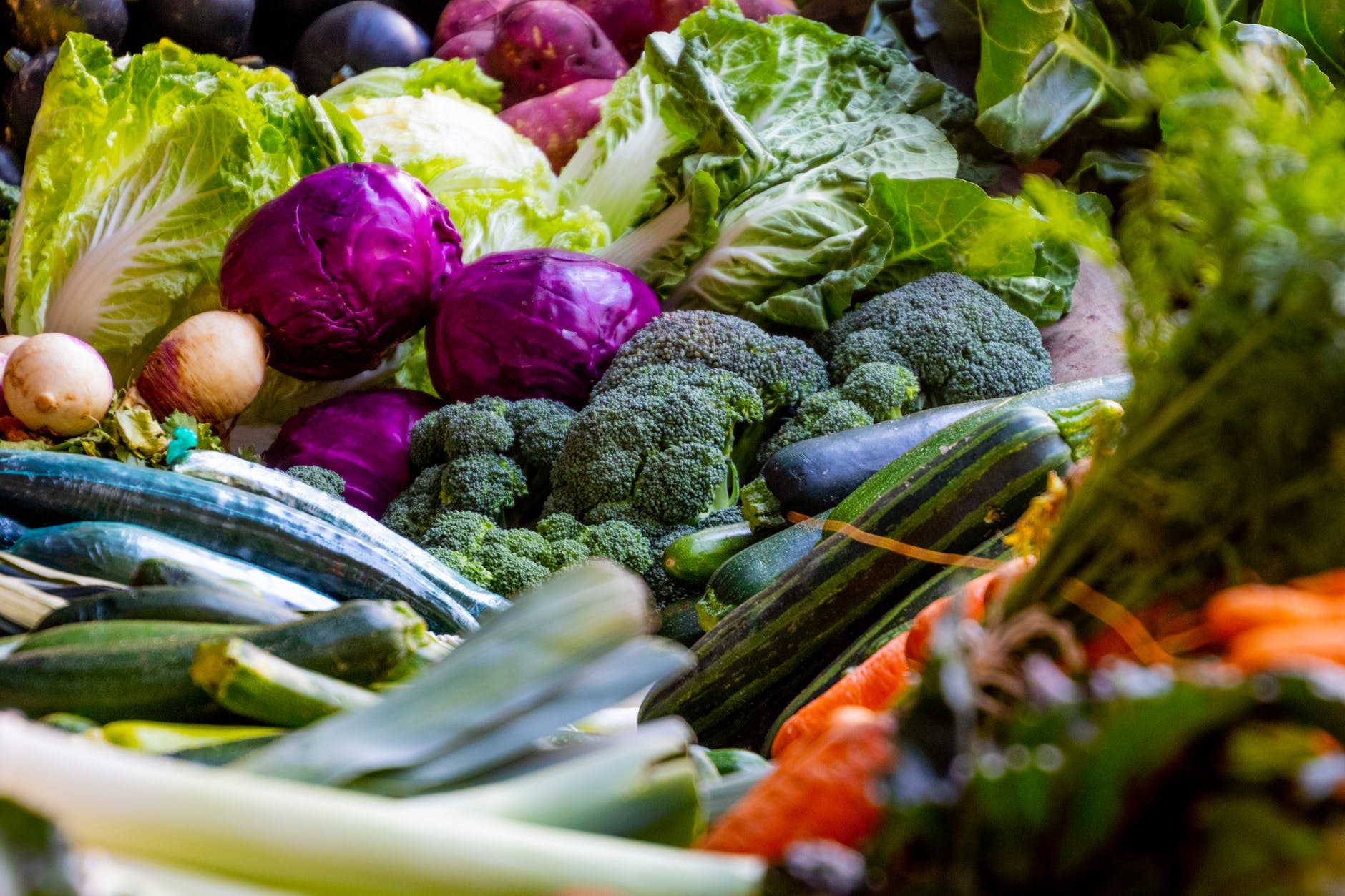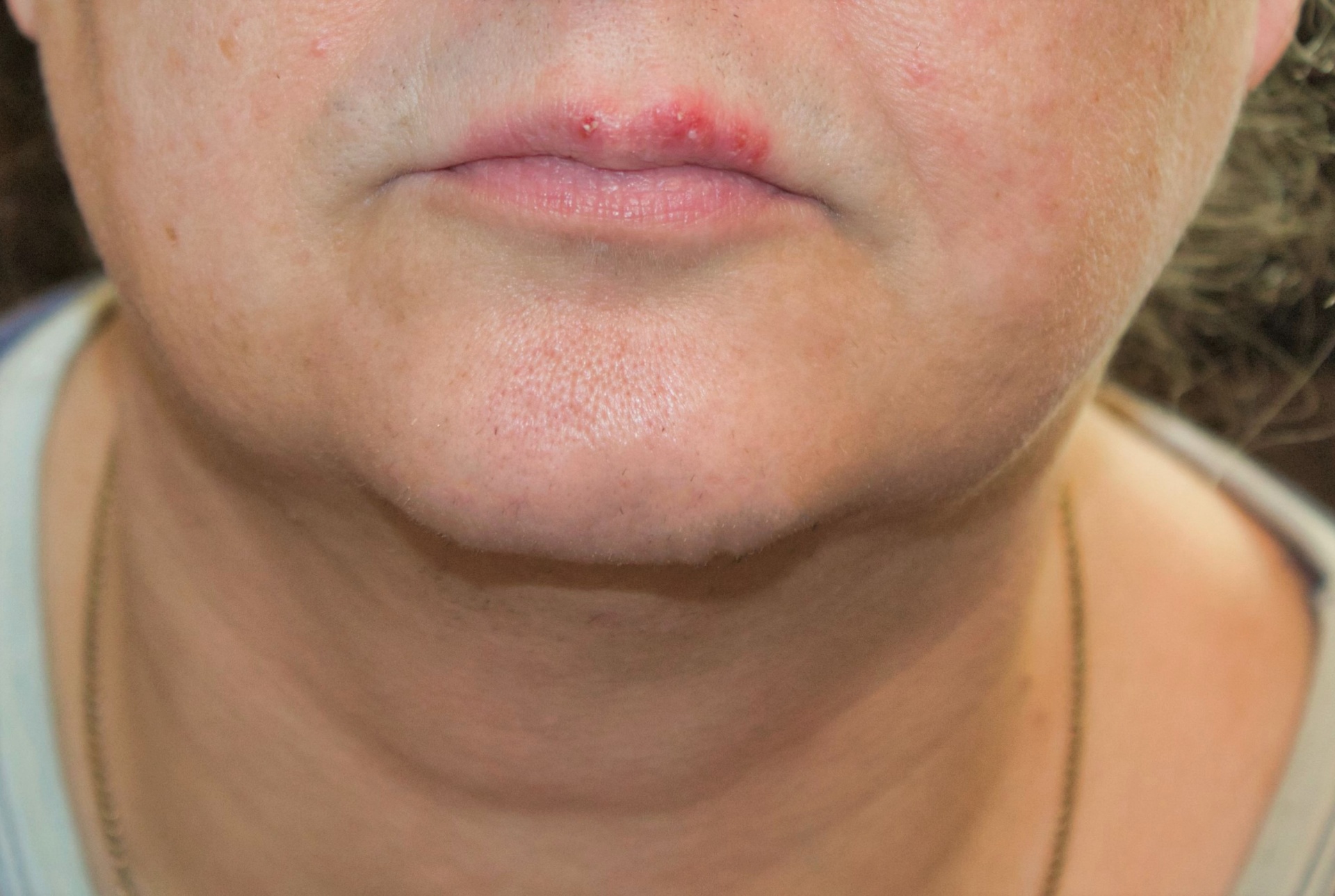Today’s society is dealing with nutritional issues never seen before. For decades, preserved and boxed food items were hailed as the biggest time-saving sensation ever. But now we know that what we gained in efficiency, we lost nutritional value.
With so many manufacturers sacrificing quality for economic gain, people have been turning to source their own products instead.
If you’ve been considering growing your own vegetables, there are some pros and cons you should be aware of. Once you know the facts, you can decide if it’s a healthy, economically-sound alternative to grocery shopping for you and your family.
The Good and Bad of Planting Your Own Garden
Beginner gardeners who don’t take the time to research before planting usually end up with a bad experience. They forget to take into account climate, soil, and other factors that are necessary to have a successful harvest.
But if you’ve passed the beginner’s stage and think you’re ready to handle growing your own veggies, make sure you consider these points before you start:
1. There is a lot of time involved in tending a garden. You might think you already know this, but if you’ve never planted multiple edible items before, the magnitude is different.
Vegetables have their own growth stages before they’re ready to harvest. During those stages, you have to water and fertilize correctly. Every plant is different and it’s easy to over and underwater or feeds them.
Don’t forget about the weeding! If you’re not sure what’s a weed and what’s a sprout, you could end up plucking your food accidentally.
Vegetables require a lot of time to harvest, too. If you plan on cultivating multiple types, you’ll need to stay organized and ready to go on short notice.
Still, having a vegetable garden is a great way to keep in shape. It’s also perfect for family building since everyone can chip in.
2. Be prepared for the upfront costs. In the long run, a vegetable garden will be a great way to offset some expenses. Whether you’re just replacing what you’d buy in the store or you want to sell your produce, planting a vegetable garden makes sense.
At first, though, you’ll need to invest in your garden. You’ll need the right tools, like a shovel, a tiller, and edging. Then the expense of seeds, compost and fertilizer, soil, mulch, fencing, and a watering system is added to the cost.
If money is a concern, it’s best to start with a small garden of two to three vegetable types. From there, you can always increase the size as your budget allows.
3. Pests will visit regularly. One of the major disadvantages to grocery store vegetables is the herbicides used by large farmers. They consider it a necessary tradeoff to keep their produce growing.
You, too, will have to decide how you deal with pests. Insects, rodents, and other animals will naturally be attracted to your garden. But since it’s your property, you can find natural ways to limit or get rid of these pests.




